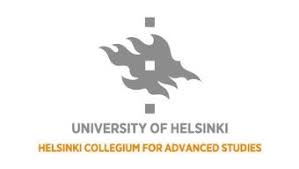COSMOPOLITAN KNOWLEDGE?
The Anniversary Conference of the Helsinki Collegium for Advanced Studies, June 16–17 2022
The humanities and social sciences currently find themselves in a paradoxical position. Researchers are expected to demonstrate how their work addresses the increasing interconnectedness of our world and to generate solutions to global problems. Their productivity is judged by its international impact, measured by publication in mostly English-language journals. The emergence of English as a new lingua franca for knowledge-production holds the promise of broader participation and exchange among academics working in different national traditions. Increasingly, though, critics observe that this purportedly level playing-field of knowledge-production is profoundly shaped or skewed by dominant Western academic structures, which determine the problem settings, theoretical frameworks, and imagined audiences for research. Knowledge produced by the humanities and social sciences is typically context-dependent, fundamentally bound up with its location and time. The challenge of translation is not purely linguistic, but also conceptual. As a result, there is a real risk that pressure to publish in journals that are products of Western academic structures may alienate, marginalize, or mute other languages and perspectives and stifle innovation rooted in other traditions.
Cosmopolitan Knowledge?, the anniversary conference of the Helsinki Collegium for Advanced Studies, addresses these tensions and looks for potential solutions to the situation at hand. Does globalization as such warrant the quest for universal knowledge? Could it be that especially in the face of the current societal and environmental challenges we should pay more attention to the national, regional, and local modes of knowledge? Can the global, transregional, and local perspectives on knowledge be fitted together, and what form should that fit take?
